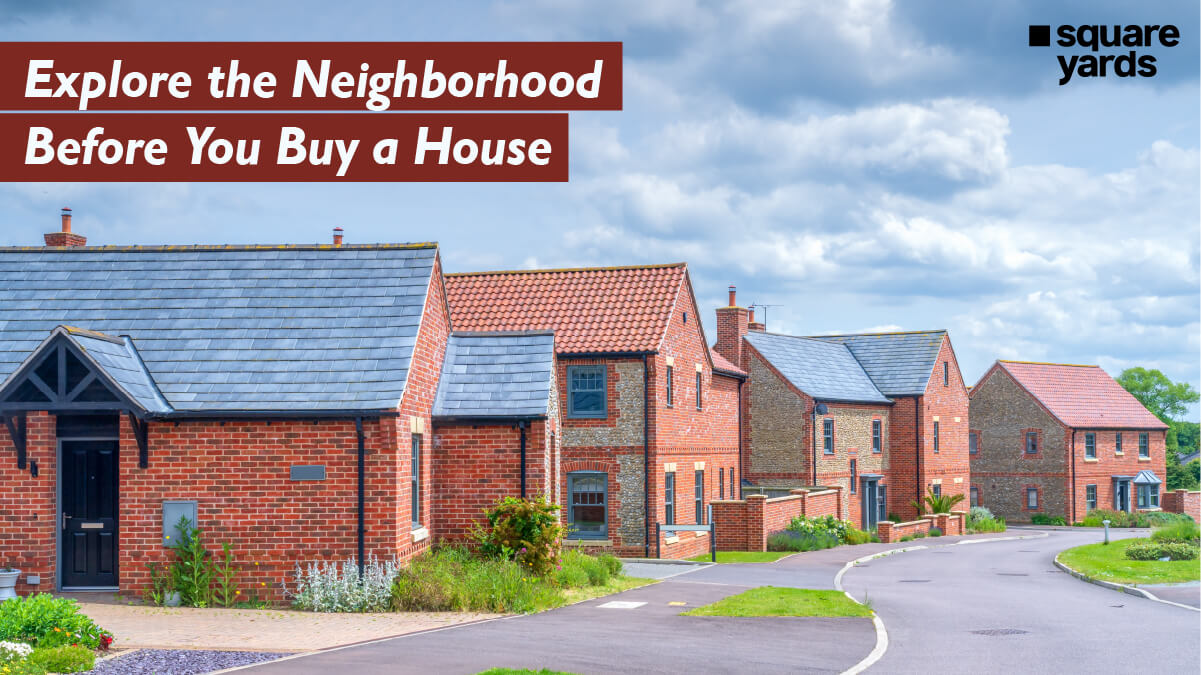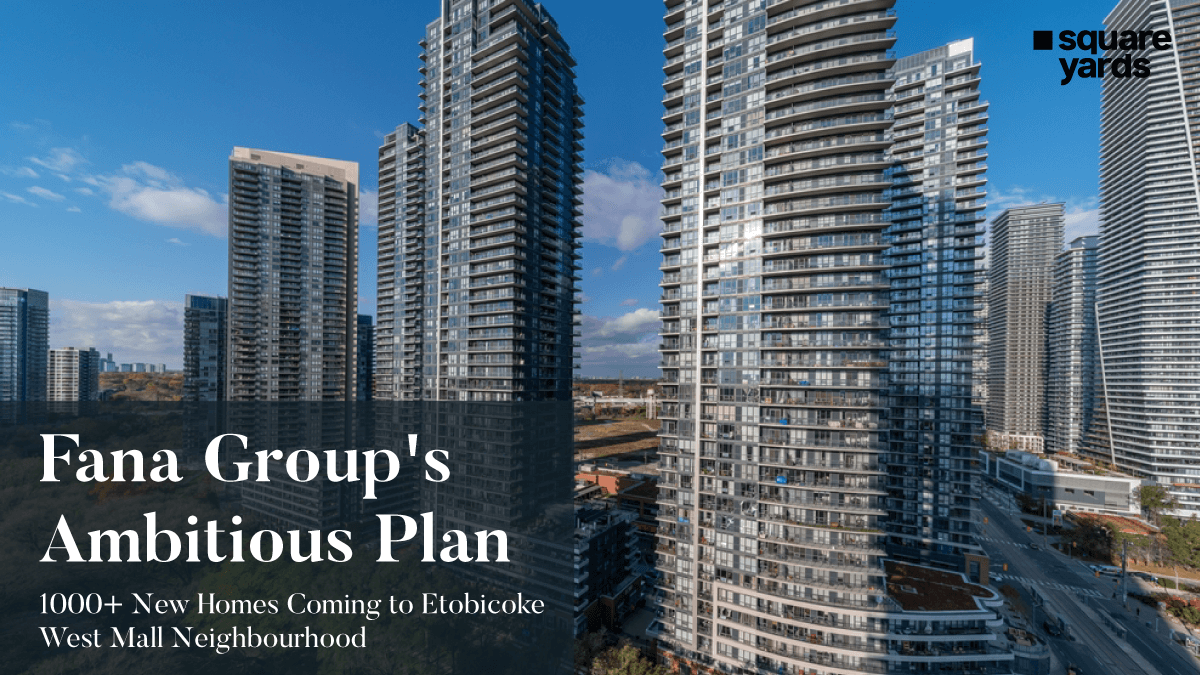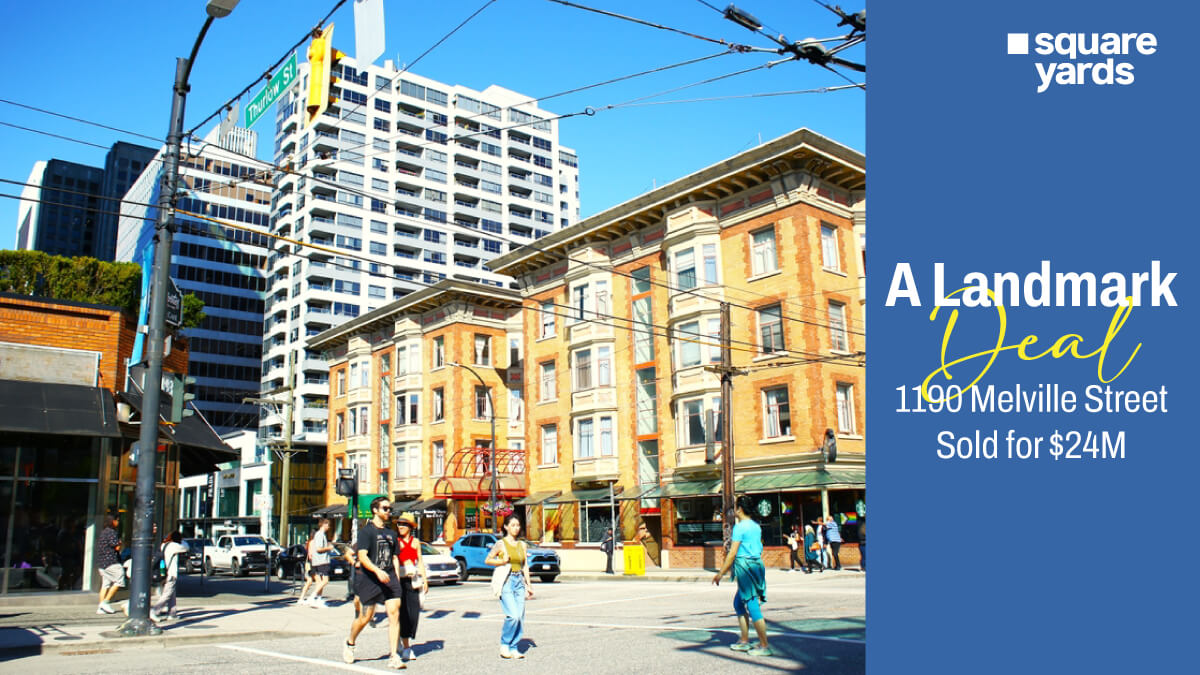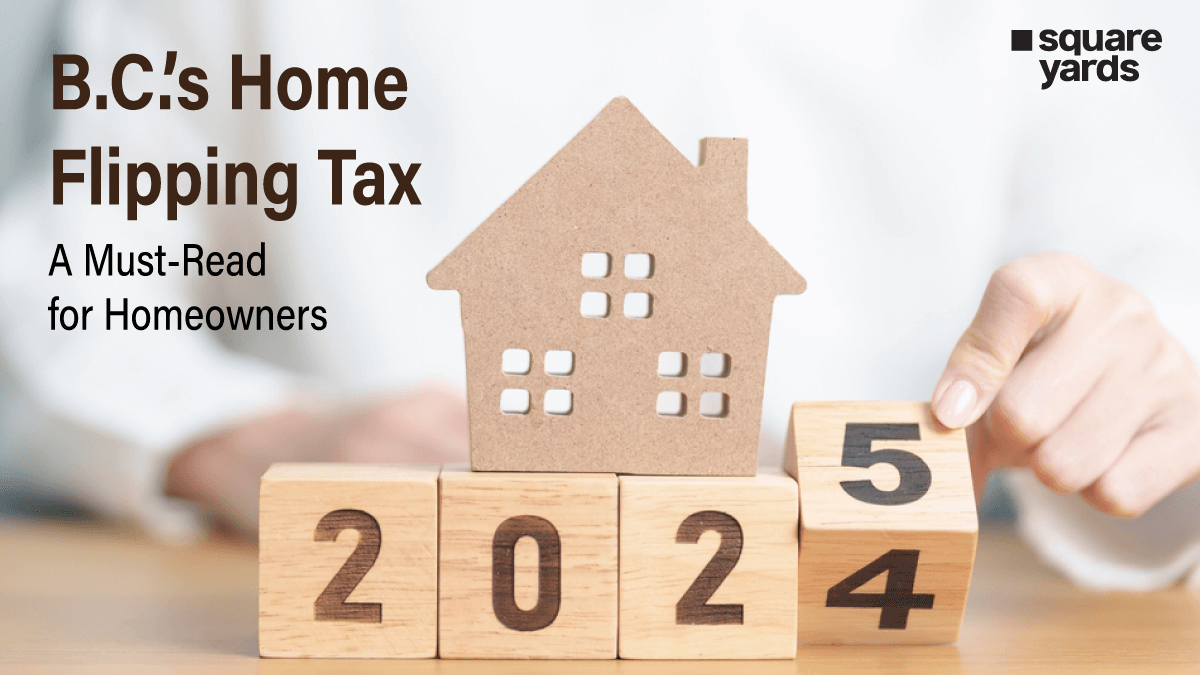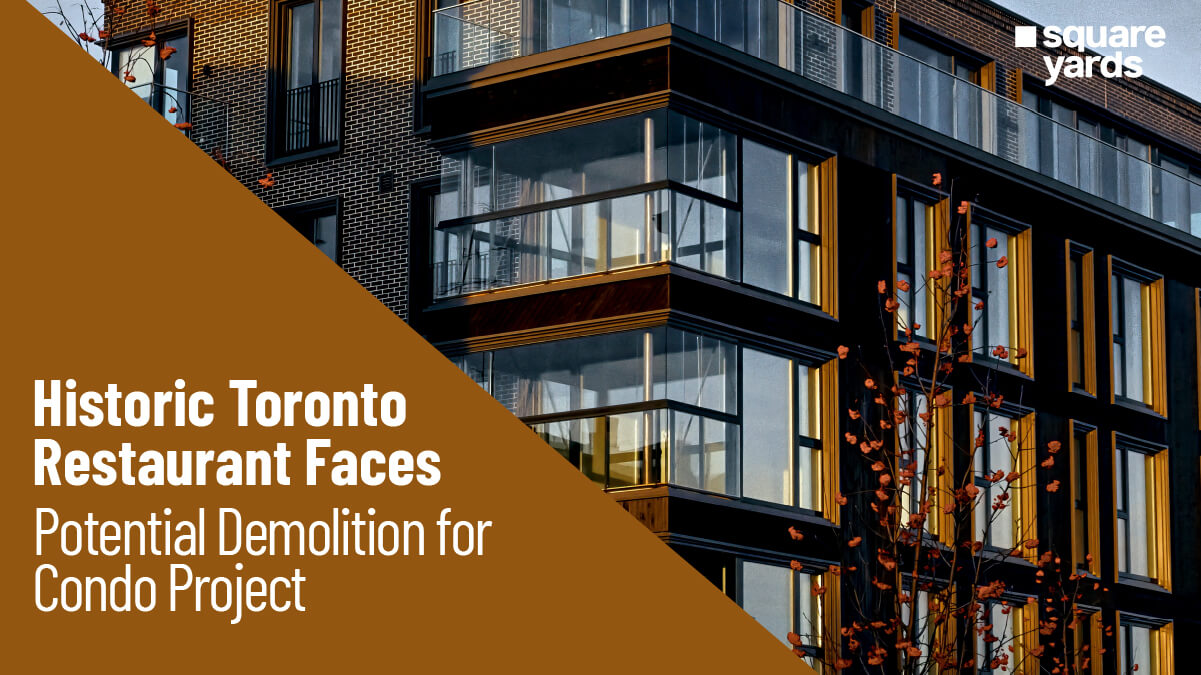Buying a house in neighbourhood is one of the most significant investments you’ll ever make. Many factors come into play when you consider buying a house in neighbourhood, and one of the most crucial is location. The right location can make or break your new home’s ambience and overall experience. Did you know that buying a house in neighbourhood with strong community ties can appreciate in value up to 10% more than those in less engaged areas? Hence, choosing the right neighbourhood is crucial in finding your dream home. The community you choose will impact your daily life, long-term satisfaction, and even the future value of your property. This comprehensive guide is designed to help you explore neighbourhoods and evaluate potentials thoroughly. From assessing local amenities and attractions to understanding economic stability and future development plans, we’ll cover everything you need to know to ensure you find a neighbourhood that truly feels like home. Let’s dive in and start exploring!
Importance of the Neighbourhood
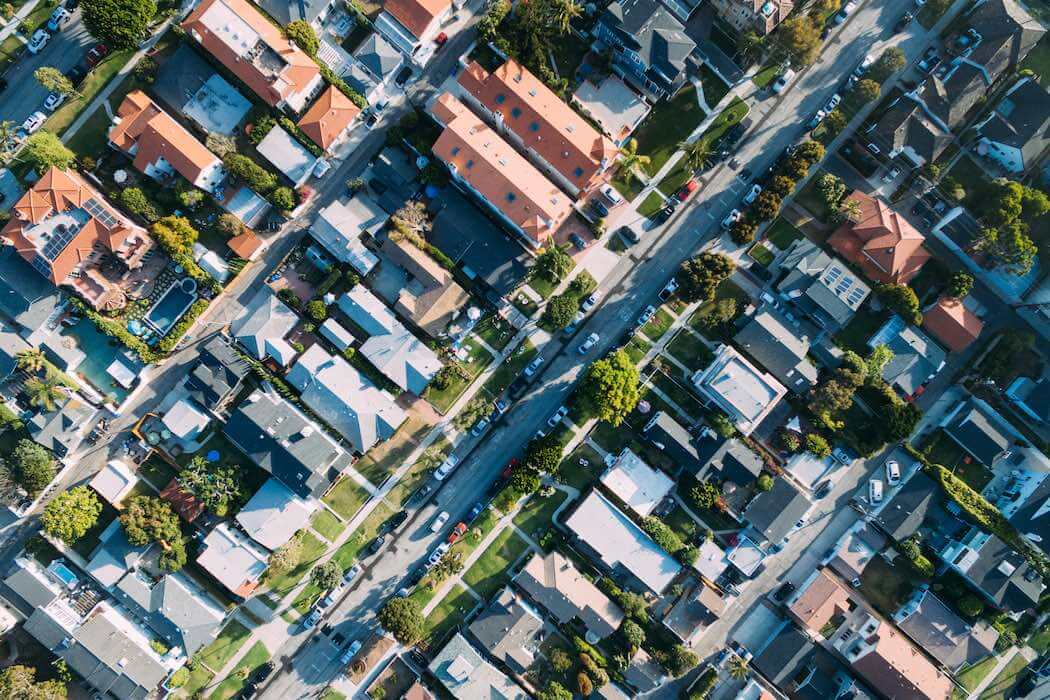
The neighbourhood you choose to live in significantly influences your overall quality of life. It impacts daily conveniences, your social interactions, and even your sense of security. A well-chosen neighbourhood offers easy access to essential amenities, such as schools, healthcare, and shopping centres, enhancing daily life. Here are a few points to keep in mind:
-
- Daily Conveniences: Access to essential amenities like schools, healthcare, and shopping centres enhances daily life. For example, having a grocery store within a 10-minute walk can save time and reduce stress.
- Recreational Opportunities: Proximity to parks, entertainment venues, and community centres fosters a healthy and enjoyable lifestyle. Living near a park can provide easy access to walking trails, playgrounds, and outdoor activities.
- Community Engagement: A socially active neighbourhood encourages interactions and a sense of belonging. Participating in local events and joining community groups can help build strong social connections.
- Safety and Security: A safe neighbourhood provides peace of mind and a secure family environment. Checking local crime rates and talking to residents can give you an idea of the neighbourhood’s safety.
- Economic Stability: The neighbourhood’s economic health affects property values and investment potential. Areas with growing businesses and job opportunities are more likely to have stable property values.
- Future Growth: Understanding development plans ensures the neighbourhood will continue to meet your needs. Look into planned infrastructure projects like new schools or public transport expansions.
Essential Local Amenities and Services
Access to essential local amenities and services is paramount when buying a house in neighbourhood. These include:
-
- Healthcare Facilities: Proximity to hospitals, clinics, and pharmacies ensures quick and convenient access to medical care. For instance, having a hospital within a 15-minute drive can be crucial in emergencies.
- Educational Institutions: Quality schools and educational centres are crucial for families with children. Research the ratings and reviews of local schools to understand their performance.
- Shopping and Groceries: Nearby supermarkets, retail stores, and markets make daily shopping easy and convenient. A local farmer’s market can also offer fresh produce and a sense of community.
- Public Transportation: Access to buses, trains, and other public transport options improves connectivity and reduces commuting time. Reliable public transit can also reduce the need for a car.
- Parks and Recreational Areas: Green spaces, sports facilities, and community centres enhance the quality of life and offer opportunities for relaxation and social activities. Facilities like tennis courts and swimming pools can be great for staying active.
- Dining and Entertainment: Various restaurants, cafes, and entertainment venues contribute to an enjoyable lifestyle. Exploring local eateries can add excitement and variety to your dining experiences.
Attractions and Activities
Exploring the neighbourhood’s attractions and activities is key to understanding its lifestyle and appeal. Here are some factors to consider:
-
- Cultural and Historical Sites: Museums, galleries, and historical landmarks enrich the community and provide educational opportunities. Living near a museum can offer regular cultural enrichment and events.
- Outdoor Activities: Parks, hiking trails, and nature reserves offer recreational options for outdoor enthusiasts. Access to hiking trails can be perfect for weekend adventures and staying fit.
- Entertainment Venues: Theatres, cinemas, and concert halls contribute to a vibrant cultural scene. Being close to a concert hall means enjoying live music and performances regularly.
- Local Events and Festivals: Regular community events and festivals foster a sense of community and offer unique experiences. Participating in local festivals can help you feel more connected to your neighbourhood.
- Sports Facilities: Gyms, sports clubs, and recreational centres promote an active lifestyle and social engagement. Joining a local sports club can be a great way to meet new people and stay active.
Evaluating Economic Stability and Development

Evaluating a neighbourhood’s economic stability and development is essential for making an informed decision about your future home. Here are key factors to consider:
-
- Employment Opportunities: Assess the local job market and major employers in the area. A robust job market indicates economic health and growth potential. According to the Bureau of Labor Statistics, areas with diverse employment sectors tend to have more stable economies.
- Property Value Trends: Analyse historical and current property values. Steady or rising values suggest a stable and growing economy. Realtor.com reports that neighbourhoods with consistent property value growth are generally better investments.
- Infrastructure Development: Look for ongoing or planned infrastructure projects such as new roads, public transport, and community facilities. These improvements can enhance the neighbourhood’s appeal and value. The Urban Land Institute notes that infrastructure projects can significantly boost property values.
- Local Businesses: A thriving local business scene, including shops, restaurants, and services, reflects a healthy economy and vibrant community. Small Business Administration research shows that neighbourhoods with active small businesses often experience better economic health.
- Crime Rates: Lower crime rates often correlate with economic stability and a better quality of life.
- Municipal Services: The quality and reliability of municipal services like waste management, water supply, and public safety contribute to overall economic well-being. High-performing municipalities often invest more in community services and infrastructure.
Future Development Plans
Understanding future development plans in a neighbourhood is crucial for anticipating changes that may affect your living experience and property value. Look into local government and community websites for information on upcoming infrastructure projects, such as new roads, public transportation, parks, and schools. These developments can enhance accessibility, convenience, and overall appeal. Additionally, planned commercial projects, like shopping centres and entertainment venues, can boost the local economy and provide more amenities. However, be mindful of potential negative impacts, such as increased traffic or construction noise, to make a well-rounded decision.
You May Also Read :
|
List of Best Neighbourhoods in Oakville |
|
|
Find Toronto Neighbourhood |
|
|
10 Best Neighbourhoods in Ottawa |
|
|
Explore Neighbourhoods in Milton Ontario |
|
|
List of Best Neighbourhoods in Calgary |

